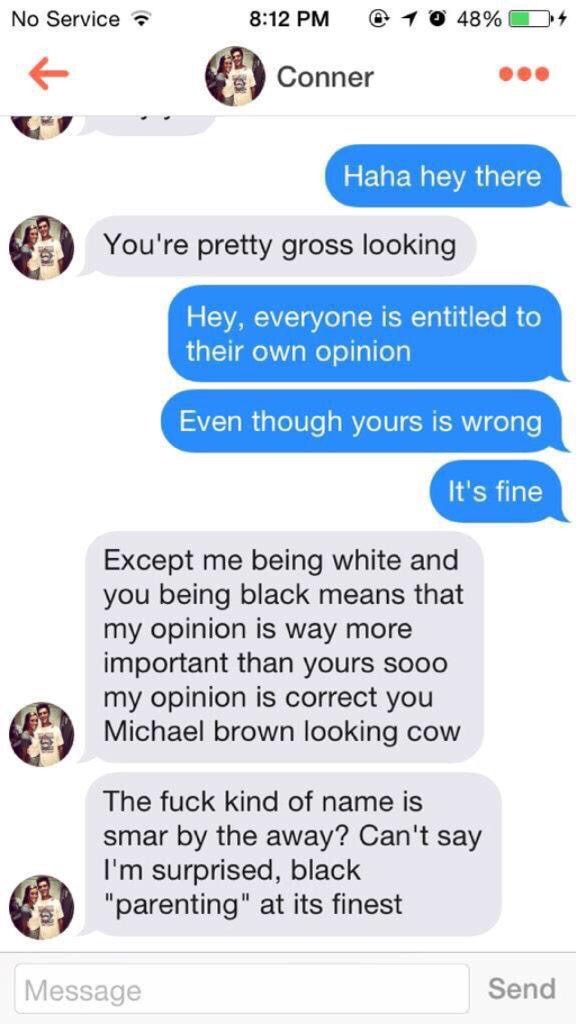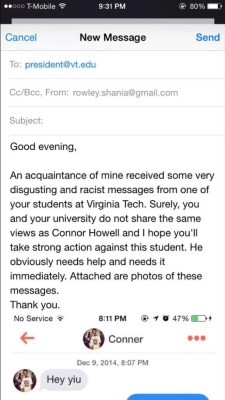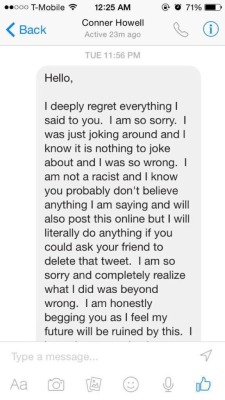Funny (political, religious) pictures
- Thread starter strawman
- Start date
More options
Export threadSo it's not a plan to kill all the Jedi?
fade
Staff member
My wildest fantasy aligns with the greatest fears of sites like free republic dot com. Some of the more fervent Fox News followers claim Obama is going to use Agenda 21 to take over the world and institute his Muslim empire or whatever.
Once they take all the guns, they will destroy them and their own, then slowly lower into the molten steel like Arnold Schwartzenegger in Terminator 2.Your ideal world is a police state?
So basically, you believe that like communism (the manifesto believed that after some totalitarianism time, the government would "fall away" to true communism) that the government after taking everybody's guns and ability to resist ANYTHING, will give up their means of power? Or would you rather believe those in power saying "hey, we have all the power, and nobody can EVER stand up against us again. Woot! Keep the power!!!"Once they take all the guns, they will destroy them and their own, then slowly lower into the molten steel like Arnold Schwartzenegger in Terminator 2.
Really??? You really think scenario 1?
Or maybe you think that Kang and Kodos will come down with boards with nails and enslave us all? Seems just as plausible as option 1 IMO.
Hey, it would totally work if not for that meddling game theory thing.So basically, you believe that like communism (the manifesto believed that after some totalitarianism time, the government would "fall away" to true communism) that the government after taking everybody's guns and ability to resist ANYTHING, will give up their means of power?
--Patrick
yeah, in addition to the wildest fantasy thing, I'm being rather tongue-in-cheek in the funny political religious pictures thread
I snorted at Mike Honcho, but most of that is just sad and unfunny 4chan bullshit
GasBandit
Staff member
They're not meant to be serious assertions.Also the idiotic one about melting steel. You can point out a million times that you don't need to melt it to deform it. Ask any fireman. Google "Sherman Bowties" in the American Civil War. They did that with friggin' campfires.
It's 4chan.
They're just lobbing grenades.
OF ALL THE PICTURES YOU COULD HAVE FAILED TO PUT "DON'T BE RIDICULOUS" ON
fade
Staff member
I know, but they're only effective as grenades because people out there really believe this stuff.They're not meant to be serious assertions.
It's 4chan.
They're just lobbing grenades.
It's on the Internet, so it must be true.I know, but they're only effective as grenades because people out there really believe this stuff.
--Patrick
that is one of the saddest pictures
maybe each gun represents each of his family members that senselessly lost their lives to gun violence
maybe each gun represents each of his family members that senselessly lost their lives to gun violence
Why does everything crazy have to come from my state.
That's amazing
As soon as that goes viral he will have to change his name and get plastic surgery. and move to another continent.
Dave
Staff member
I think it's perfectly fine when people are called out for their bullshit. Hell, my real name is on everything I put on the web. If I get shit for it I have to own it.[DOUBLEPOST=1418536682,1418536618][/DOUBLEPOST]Note that I'm not a fan of doxxing and harassment. But if you say racist shit an it gets out into the wild with your name on it, you should have to explain yourself. Anonymity is not a reason to be a dickhead.
A relevant perspective: http://skepchick.org/2014/12/why-im-okay-with-doxing/I think it's perfectly fine when people are called out for their bullshit. Hell, my real name is on everything I put on the web. If I get shit for it I have to own it.[DOUBLEPOST=1418536682,1418536618][/DOUBLEPOST]Note that I'm not a fan of doxxing and harassment. But if you say racist shit an it gets out into the wild with your name on it, you should have to explain yourself. Anonymity is not a reason to be a dickhead.
Dave
Staff member
There are times, though, when doxing is nothing more than a bullying tactic. When it's used to shine a light on someone's supposedly anonymous ignorance and is a calling out, I approve. But when it's used to harass because their views differ from yours then I heartily disapprove.A relevant perspective: http://skepchick.org/2014/12/why-im-okay-with-doxing/
I understand the use of the term "SJW" invalidates his point somewhat, but his points are very valid.
figmentPez
Staff member
This has a lot in common with leaking corporate secrets. When it's used for whistleblowing, to reveal criminal or unethical activity, then it can be a good thing. When it's used for personal profit, revenge, or any other immorality, then it's a bad thing. This is a complex issue, and people who wish to doxx someone should be damn sure that they're doing the right thing. (And people who perpetuate the doxing should be sure they check their facts as well.)There are times, though, when doxing is nothing more than a bullying tactic. When it's used to shine a light on someone's supposedly anonymous ignorance and is a calling out, I approve. But when it's used to harass because their views differ from yours then I heartily disapprove.
Consider that we have no idea if the guy in these screenshots actually said any of this shit. Screenshots are easy to fake, and fakes have been done before. If doxing becomes accepted practice, and people just forward the info without checking sources (and you know most people don't check sources) that just leads to irrational mob justice. Would you be okay with spreading this if you found out that someone was slandering this guy because they wanted a prestigious internship that both were up for? How can you know that those screenshots are real, and not the product of an angry ex, or someone he beat at Call of Duty?
I'm with Dave that doxing has a lot of potential for abuse. What if people you disagree with start doxing? What if rapists attempt to shame their victims into silence by doxing them? What about churches that publicly post pictures of people entering porn shops or abortion clinics? Easy for some feminist blogger to say "I don't care" when they're already a public figure, and the doxing doesn't change their reputation. It's a lot different when someone starts as an unknown, and the information posted could radically change how they are perceived and treated by the community around them. Imagine if the Westboro Baptist Church, instead of simply picketing funerals, started sifting through Tumblr and outing gay teens to their parents. Do you think those teens would say "I don't care" to people posting their personal information, with the intent to shame them for they've said online? Would it make a difference if they were college students, or even older, but still hadn't come out to their family?
There are reasons why the witness protection program exists, and why minors aren't identified in certain court proceedings (either victims or the accused). Privacy is a very important aspect of life. It's a concept with a lot of fuzzy areas where it's hard to tell right from wrong, and it's even fuzzier when the law is concerned, but it's not something that should be violated lightly.




